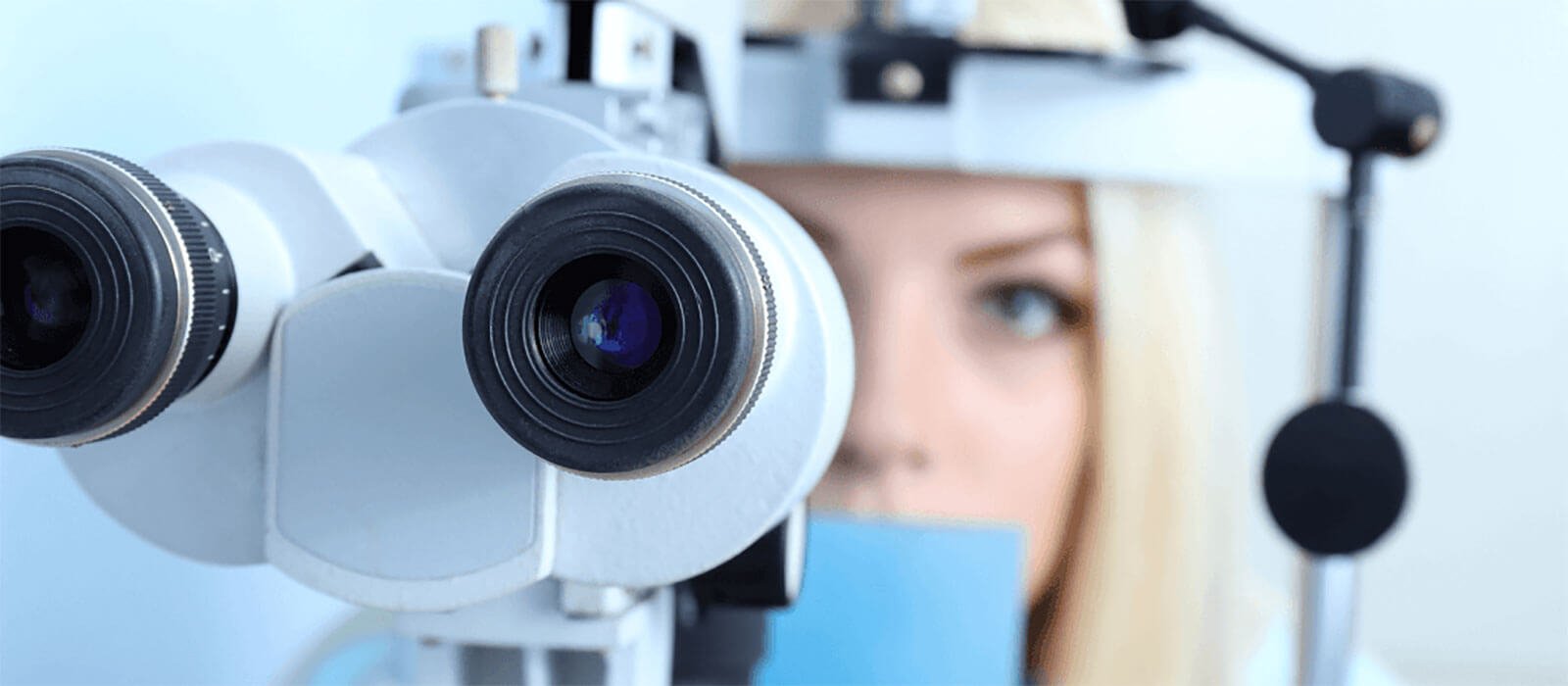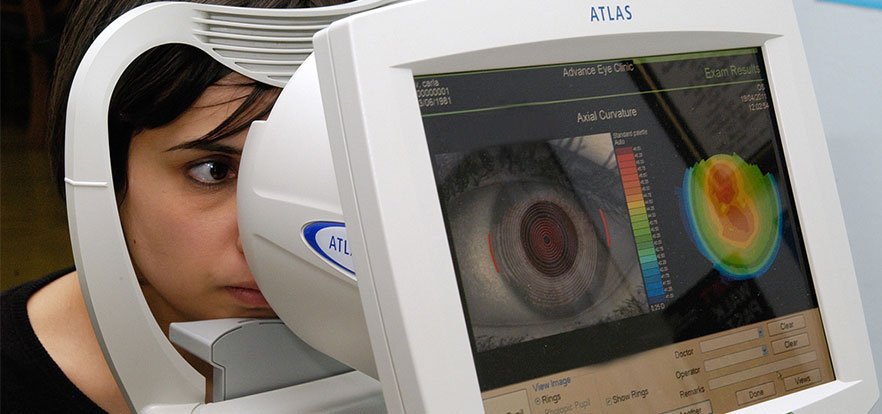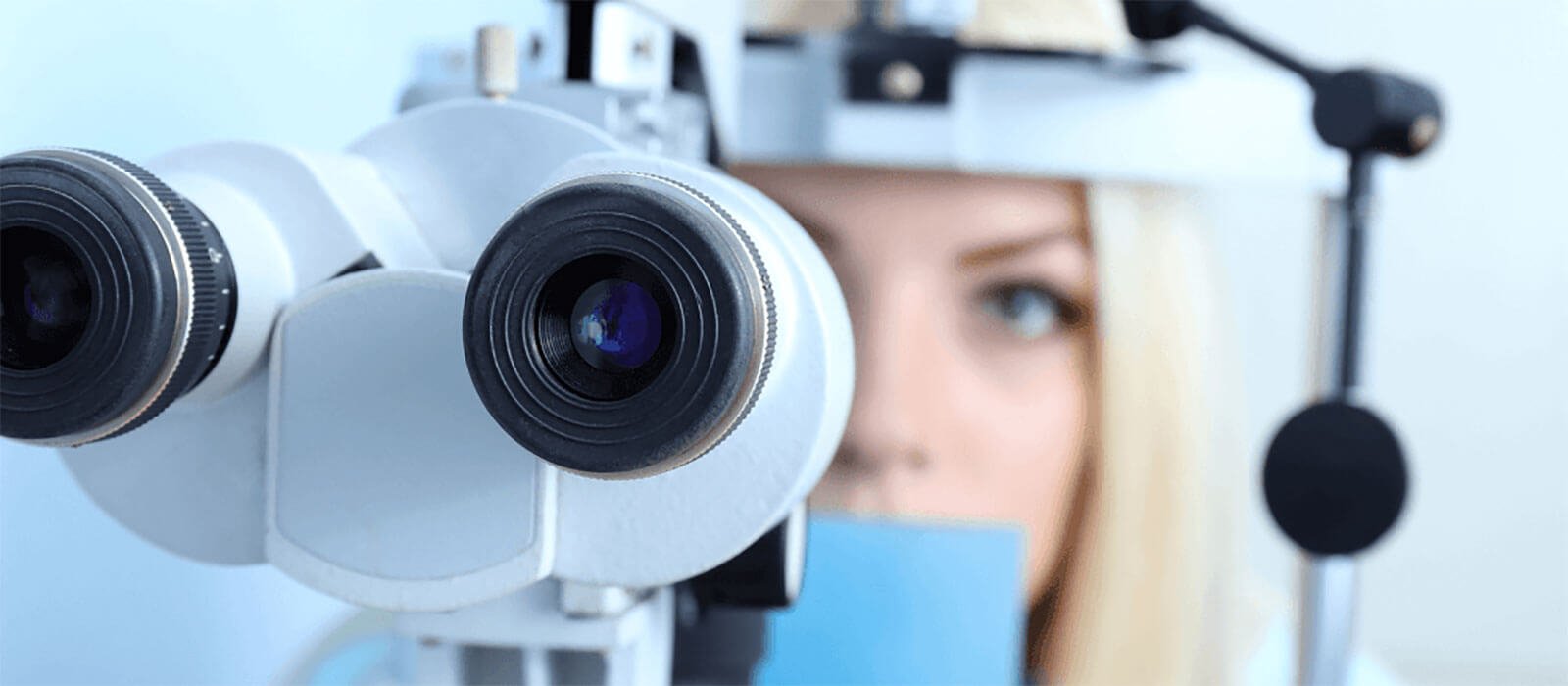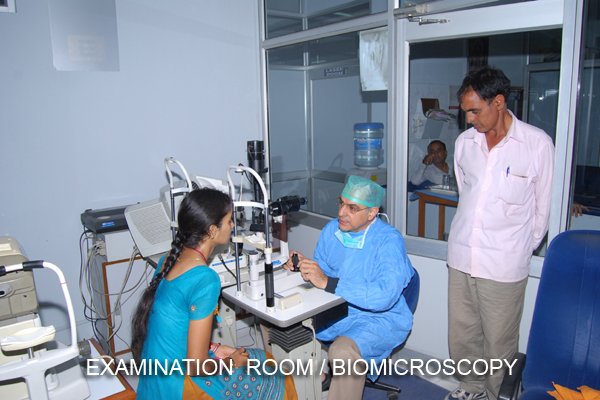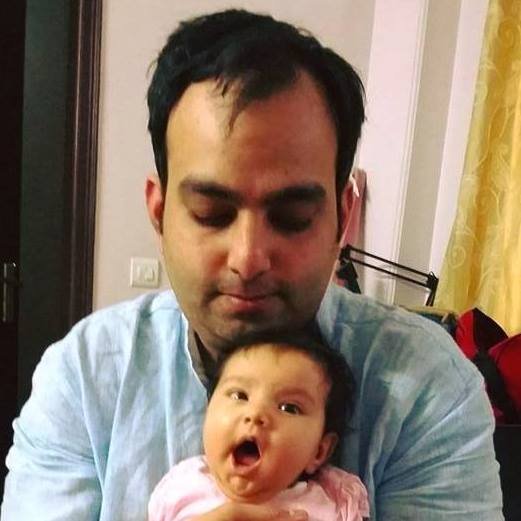Finding and treating glaucoma early is important to prevent blindness.
Your risk for glaucoma rises after age 40 and even more quickly after age 50. You are also at risk if you have diabetes or if a close family member has had glaucoma.
If there is a history of glaucoma in your family or if you have other risk factors for glaucoma, you need to have regular eye exams by an ophthalmologist.
What are the symptoms of Glaucoma?
Symptoms of glaucoma vary according to the type of glaucoma you have.
If you have open-angle glaucoma (OAG), the only symptom you are likely to notice is vision loss. Side (peripheral) vision is usually lost before central vision.
You may not notice side vision loss until it becomes severe because the less affected eye makes up for the loss. The loss of sharpness of vision (visual acuity) may not become apparent until late in the disease. By that time, significant vision loss has occurred.
Closed-angle glaucoma
- Sudden, severe blurring of vision.
- Severe pain. The pain may occur in the eye itself or in certain areas immediately around the eye.
- Colored halos around lights.
- Redness of the eye.
- Nausea and vomiting.
- Symptoms of glaucoma present at birth (congenital glaucoma) and glaucoma that develops in the first few years of life (infantile glaucoma) may include:
- Watery eyes. The baby may also appear to be sensitive to light.
- An eye or eyes that look cloudy, indicating that the clear front surface of the eye (cornea) has been damaged.
- Eyes that look larger than normal because the eyeballs have become enlarged as a result of high pressure. This symptom does not occur in adults.
- Rubbing the eyes, squinting, or keeping the eyes closed much of the time.
Is there any way to prevent glaucoma?
There is nothing that will prevent glaucoma,therefore, it is very important that you have regular eye exams.With early detection, glaucoma can often be controlled with medications. If your glaucoma doesn't respond to medication, your doctor may also recommend surgery. Vision lost is irreversible, you can't get your vision back once it is lost. Your best protection is to get regular eye exams, every year if you are over 40 or on a schedule recommended by your doctor.
what factors may increase risk of glaucoma
- Being over age 50
- Being over age 40 and African-American
- Having a family history of glaucoma
- Having a history of serious eye injury
- Taking steroid medications
- Having diabetes
- Being nearsighted
- Having high blood pressure
People with these risk factors should have their eyes examined on a regular basis to look for the disease.
Are there effective treatments for glaucoma?
Yes. There are many different types of medications that are used to treat glaucoma.
In some people, however, drugs alone do not control the eye pressure, and surgery is needed.There are several conventional surgeries -- the most common is called trabeculectomy .

